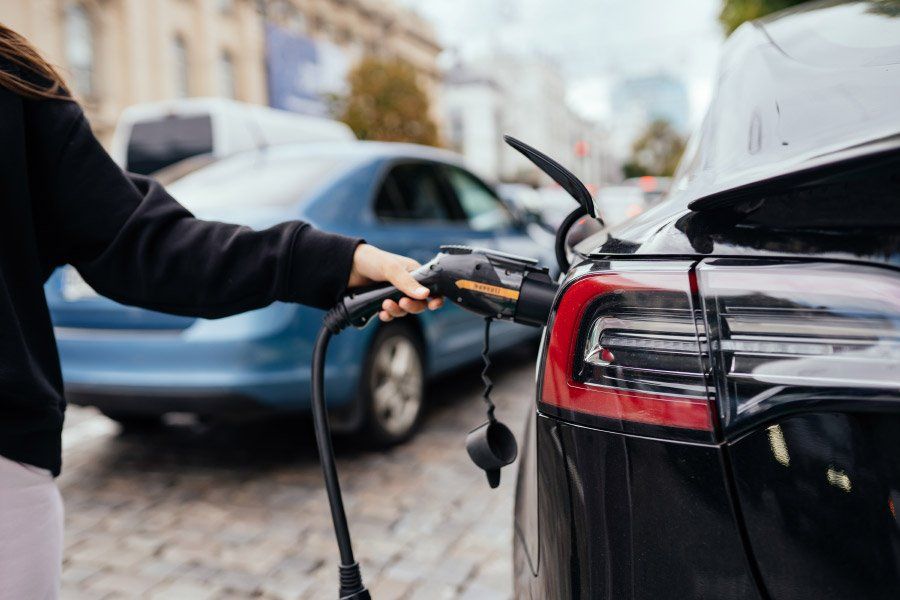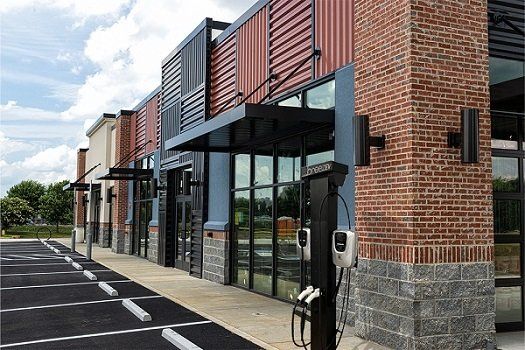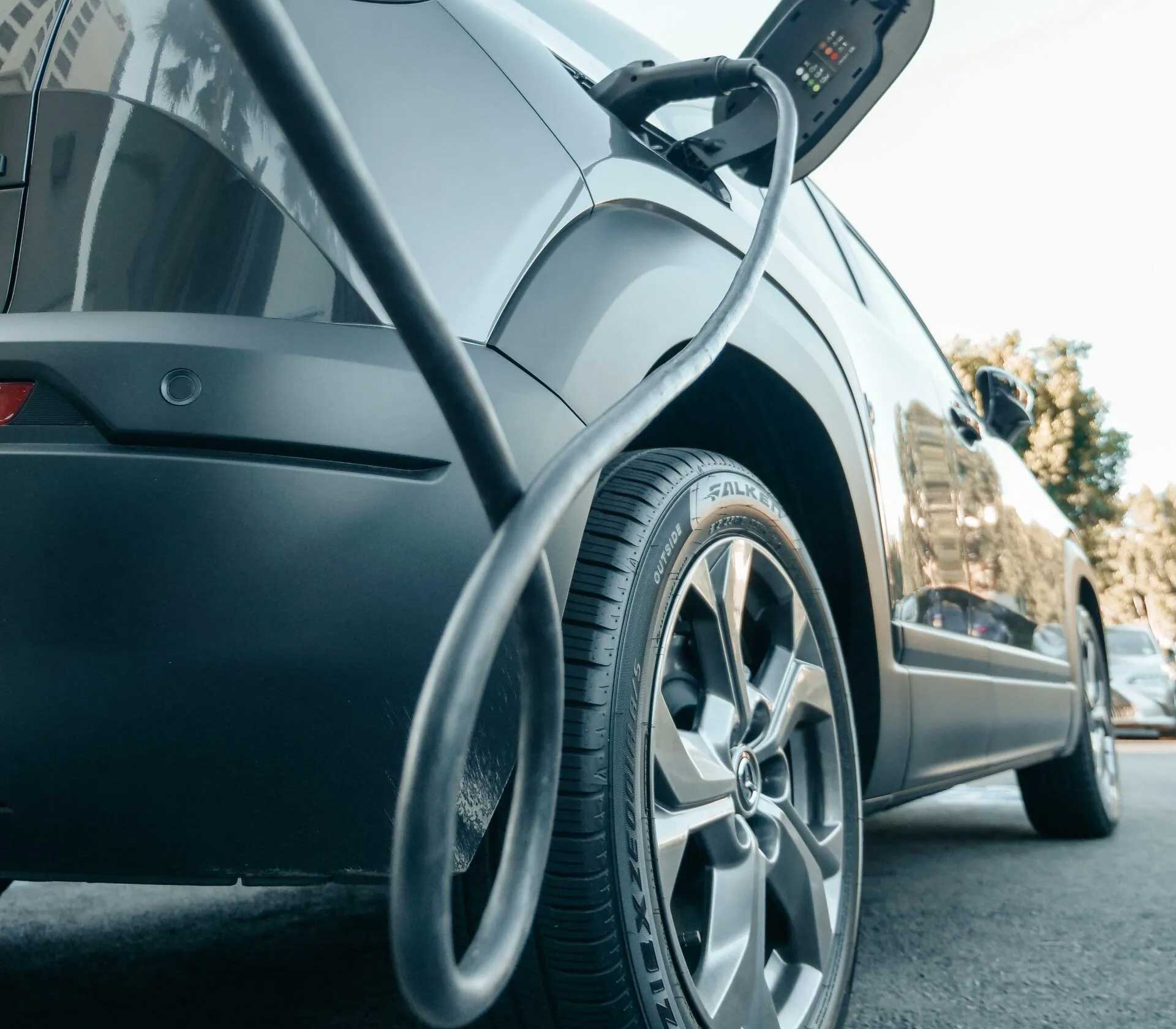If you own an electric vehicle, it's time to consider installing a charging station in your home. Installing a charging station can be the first step towards making your home more environmentally friendly, and it will also save you money on gas in the long run. In this article we'll discuss why you should install a charging station, how to choose the right type of charging station for your needs, how much they cost, and even some considerations for installation.
Why you should consider installing a charging station
The next step is to decide whether you want a single or dual charging station. A single charging station can charge one EV at a time, and is perfect for those with just one car. Dual charging stations can charge two EVs at the same time, and are ideal if you have several EVs in your household or business.
Once you’ve decided on the type of charging station you want, it’s time to consider its size. The size of a charging station will depend on where it will be installed and how many EVs you plan on charging at once.
If you’re planning on installing a charging station in your garage or driveway, then you may want to consider one of the smaller models. These units can easily be installed underneath a table or bench, and are great for those who don’t have much space. If you plan on installing a charging station outdoors, then you should probably go with an outdoor model. These units are weatherproof so they won’t get damaged when it rains or snows.
How to choose the right type of charging station
Choosing the right type of EV charging station depends on the car you want to charge, or are considering buying. If your vehicle doesn't have a Level 2 charger, you won't be able to use a Level 2 charger. If you're looking for more information on buying an electric vehicle, check out our guide! If you're looking for more information on buying an electric vehicle, check out our guide. EV charging stations come in two types: Level 1 and Level 2. Level 1 chargers can be plugged into any outlet, but they're significantly slower than level 2 chargers. Electric vehicles come with a Level 2 charger, which can be plugged into any outlet. Level 2 chargers are much faster: they can charge your car up to 10 times faster than a standard outlet. Level 1 chargers aren't as efficient because they don't have any way of measuring how much power is going in or out—they simply pass through electricity at a constant rate.
How to buy a charging station
When deciding which charging station to buy, consider the size of your car and how often you use it. If you're like most people, you probably don't drive more than 10 miles an hour and only need to charge once a month. That's why we recommend a Level 1 charger that can be installed in any garage with 110-120 volts (about $15). However, if you have an electric car with a larger battery capacity or plan on taking long trips between cities and charging stations, then we recommend buying either a DC fast charger ($500) or Tesla Supercharger ($1,000).
There are also many different types of charging stations available today. You'll want to confirm which frequencies are available before purchasing so that you won't end up paying for something that won't work for your electric vehicle. For example:
Installation considerations
When choosing a location for your EV charging station, keep in mind how many people can use the charging station at once. If you have multiple people who drive EVs, they will want to charge their cars at the same time. Also, consider how many times a day the charging station will be used and how often you need to charge your car.
- How many cars can use the charging station at once? One common mistake beginning EV owners make is purchasing an EVSE that does not meet their needs or expectations in terms of available power (amps). Your home may have adequate electrical service but if it isn't large enough or strong enough to power more than one or two Level 2 chargers simultaneously, adding more won't be worth it because any additional ones will just hinder each other's performance levels.
- How many times per day will this device be used? If you plan on driving less than 100 miles per day on average then buying extra power draw capacity isn't necessary since most people recharge overnight anyway—the only exception being those who drive long distances every day such as salespeople who travel between cities frequently and even then they would probably only need one level-two charger anyway since most drivers don't go out on road trips anymore due to traffic congestion concerns and high gas prices making them prohibitively expensive unless there is some kind of emergency situation like natural disasters where evacuations must occur quickly without much warning beforehand so emergency services personnel needed access points located closer together than usual."
If you plan on driving less than 100 miles per day on average then buying extra power draw capacity isn't necessary since most people recharge overnight anyway—the only exception being those who drive long distances every day such as salespeople who travel between cities frequently and even then they would probably only need one level-two charger anyway since most drivers don't go out on road trips anymore due to traffic congestion concerns and high gas prices making them prohibitively expensive unless there is some kind of emergency like natural disasters where evacuations must occur quickly without much warning beforehand so emergency services personnel needed access points located closer together than usual.
How much will it cost?
The cost of charging a vehicle will vary depending on where you live. The average cost is around $0.30 per kWh, making an EV charge "about the same" as gasoline. However, this calculation doesn't take into account any incentives or subsidies that are available in your area, so it's possible your cost could be lower than average.
What about installation? Installing an EV charging station can range from $1,000 to $7,000 depending on what type of charger you get and how much work needs to be done on the electrical system at your home or business (if any). If you don't want to do the work yourself and would rather hire someone else to do it for you, expect installation costs between $500-$2,500 depending upon how complicated things get under the hood.
Installing a charging station is easy.
Installing a charging station is easy. If you’re installing it yourself, you can do so with the help of an electrician and some basic tools. All that is required is a power source and some wiring. The installation will be left up to a professional, however, if it’s going to be done correctly and safely. If you don’t know how to do this, we recommend hiring an electrician first because they are qualified to handle any issues that could arise during installation or after installation is complete.
If your company wants to install its EV charging stations at various locations around town or across multiple cities or states (as many companies have been doing recently), then there may be additional regulations in place related specifically to commercial installations like those found in private parking lots at malls or shopping centers where cars are parked for extended periods without moving very often—so check with your local government before starting work on anything serious!
Conclusion
Installing a charging station is nothing you want to play around with. You can do it yourself if you have an electrician's background but it's recommended to hire someone to do the work for you, but either way, it’s a great idea!
Leave A Reply
Search
Recent Posts







